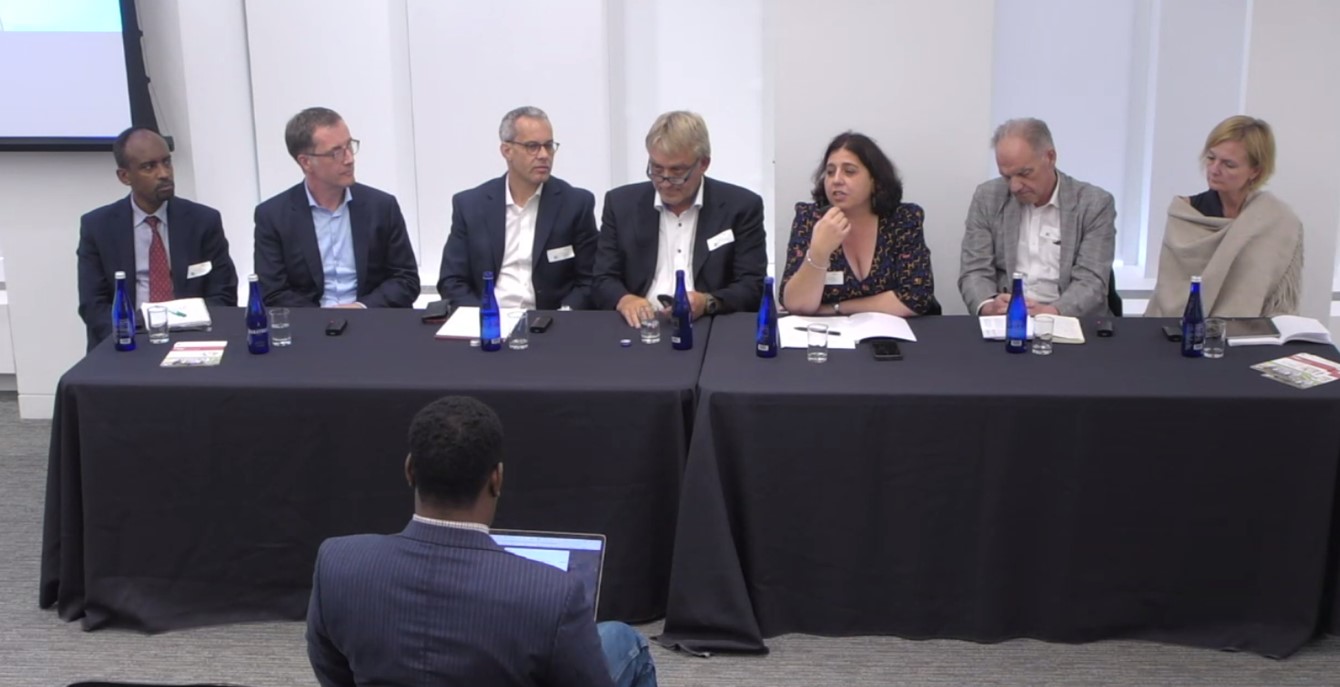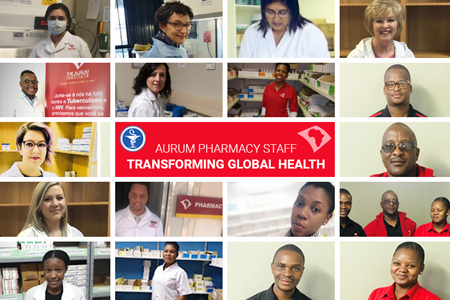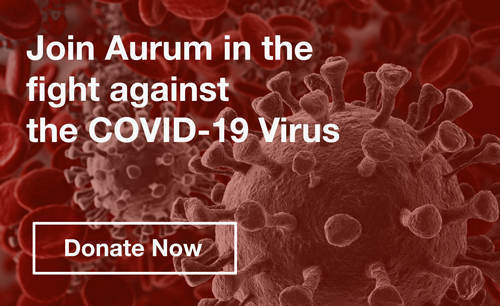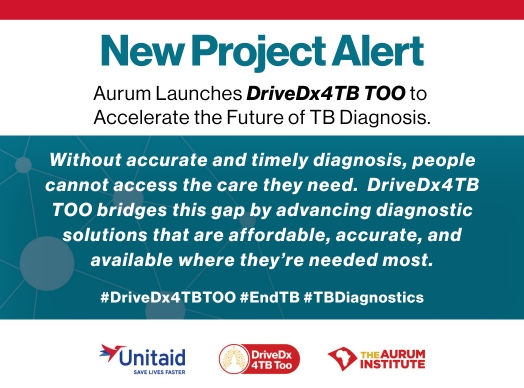Prof Salome Charaloumbous, Aurum Chief Science Officer participated in two sessions as a panelist at the 9th edition of the Science Summit around the 78th United Nations General Assembly (UNGA78) in New York.
The role and contribution of science to attaining the United Nations Sustainable Development Goals (SDGs) was central theme of the Summit with an objective to develop and launch science collaborations to demonstrate global science mechanisms and activities to support the attainment of the UN SDGs, Agenda 2030 and Local2030.
On the first day of the Summit, Prof Charaloumbous joined the panel discussion on “How can we achieve the SDGs and pave the way for positive change in health now?” as part of the session on the Research Networks for Health Innovations in Sub-Saharan Africa (RHISSA), a major funding initiative of the German Federal Ministry of Education and Research (BMBF) since 2016 working in 14 sub-Saharan countries and Germany and compromises of five networks that have improved treatments and diagnostic tests for tropical diseases, contributed to several WHO guidelines and participated in the local SARS-CoV-2 pandemic response during the first funding phase (2016-2022).
She spoke on behalf of the network TB Sequel, which Aurum is a research partner in.
Prof Salome Charalambous, Aurum Group Chief Scientific Officer joins the panel discussion on “How can we achieve the SDGs and pave the way for positive change in health now?” as part of the @TBSequel network. #UNGA78 #SustainableDevelopment pic.twitter.com/KCjwDGpKv1
— The Aurum Institute (@Auruminstitute) September 12, 2023
"This made us all aware that low income countries have to find ways to develop and manufacture their own vaccines." Prof Salome Charalambous, Aurum Group Chief Scientific Officer on what has been over arching challenges in dealing with the COVID-19 pandemic. #UNGA78 @TBSequel pic.twitter.com/wro8EXhPS4
— The Aurum Institute (@Auruminstitute) September 12, 2023
Her second session on One Health Research (A holistic approach that recognizes the interconnectedness of health) looked at research priorities that reflect the multifaceted nature of One Health and underscore the need for collaboration among disciplines, sectors, and nations to address global health challenges and build a more resilient and sustainable future.
In the session she joined Dr Natasha Sunderji from Accenture, Dr Sharif Muhammad from ICESCO and Dr Brian Wong from I-DAIR in a panel discussion on ‘How can measures to achieve One Health be inclusive’?.
Prof. Salome Charalambous, Aurum Group Chief Scientific Officer, emphasised the importance of inclusion and innovation in addressing complex health challenges facing our society during the One Health Research Panel discussion at the Science Summit #UNGA2023. pic.twitter.com/yMJwJbajr8
— The Aurum Institute (@Auruminstitute) September 13, 2023












